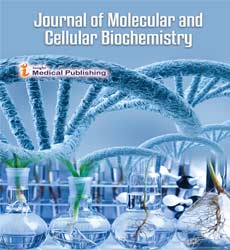B cell populations in the myasthenia thymus that bind rituximab (anti-CD20)
Abstract
Myasthenia gravis (MG) is associated with antibodies to the acetylcholine receptor (AChR). In early-onset myasthenia gravis (EOMG), the thymus contains multiple lymphocytic infiltrates with AChR-specific germinal centres. When placed in culture, thymic lymphocytes spontaneously produce AChR antibodies. These previous findings provide an opportunity to look in detail at the B cell targets and functions of therapeutic antibodies in a human autoimmune disease. The objective is to study rituximab, a chimeric immunoglobulin (Ig) G1 κ monoclonal antibody that binds a discontinuous conformational epitope on CD20, which is used for treatment of autoantibody-mediated diseases. Immunohistology and radioimmuno assay (RIA) were used to examine binding of biotin-conjugated rituximab to lymphocyte suspensions and to frozen sections of EOMG thymus, comparing antibodies to CD19, CD20 and CD138. Synagis, a humanized respiratory syncytial virus monoclonal antibody, used as negative control.
Open Access Journals
- Aquaculture & Veterinary Science
- Chemistry & Chemical Sciences
- Clinical Sciences
- Engineering
- General Science
- Genetics & Molecular Biology
- Health Care & Nursing
- Immunology & Microbiology
- Materials Science
- Mathematics & Physics
- Medical Sciences
- Neurology & Psychiatry
- Oncology & Cancer Science
- Pharmaceutical Sciences
